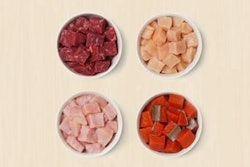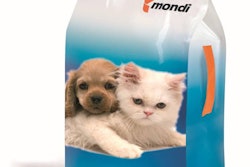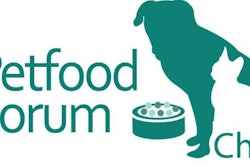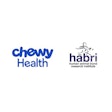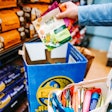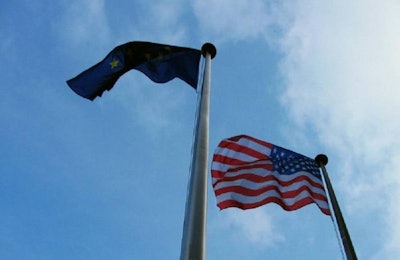
According to a new GfK analysis, pet food spending globally represents a roughly US$70 billion industry, with nearly two-thirds of sales taking place in the US and Europe. And dogs account for the lion’s share of that spending.
Watch an on-demand webinar, “How worldwide pet food sales contrast with the US market.”
GfK collects point-of-sale (POS) data from pet specialty retailers in 11 countries, with other key countries and markets planned for launch. The analysis shows that the US pet food market delivers the majority of these sales – approximately one-third, with some US$24 billion yearly, followed at US$20 billion (currency converted) from European countries.
Dogs represent roughly 80% of food spending, even though they are actually outnumbered by cats, population-wise, in the US and Europe. The sales distribution among wet, dry, and treat SKUs can vary widely from country to country; Dog Dry, the market leader globally, accounts for 45% of spending in the UK, compared with 80% in the Czech Republic and 74% in South Africa.
In Greece, dry food accounts for 93% of all pet food sales – 32% for cats and 68% for dogs. France follows closely, at 90%, and Spain has 80% dry sales.
Among China’s dog owners, small bags (less than 1 kg) are top sellers, representing 76% of all Dog Dry sales there; this is due to the popularity of small or toy breeds in China’s urban areas. (GfK’s pet specialty panel in China is focused on pet food sales in Shanghai and Bejing.) For Cat Dry, the US has almost completely moved away from the extra-large (larger than 10 kg) bags that are still popular in the other countries.
There are also important regional differences in container types. The US has a strong preference for canned products, while all other countries show high shares for other packaging types, such as trays and pouches. For cats specifically, 94% of all Cat Wet sales in the US are attributed to canned products, while the average for all other countries in this analysis was just 37%. In France, South Africa, China and Great Britain, the vast majority of Cat Wet food is sold in pouches.
And most interestingly, the much-discussed “natural” trend in pet food is almost exclusively a US phenomenon, with natural SKUs accounting for 69% of all dollar sales in the Pet Retail channel there. The closest to this total across the globe is the UK, at 38%, followed by the Czech Republic (22%) and Greece (20%).
Natural also has captured 68% of shelf space in the US, compared to just 34% in the UK and 20% in Greece. In the Czech Republic, natural sales outpace actual shelf space devoted to the category, suggesting the potential for further sales growth – perhaps an indicator of opportunities in other regions, as well.
“Our analysis points out opportunities for the different regions to learn from each other’s successes,” said Pushan Tagore, vice president, global marketing, Pet Care. “Natural and grain-free, for example, seem to offer opportunities for Great Britain, Czech Republic, and Greece; but labeling issues and regional attitudes may hold these categories back in other countries. And the US, in turn, might learn something from Australia and New Zealand, where raw is a well-established category.”


